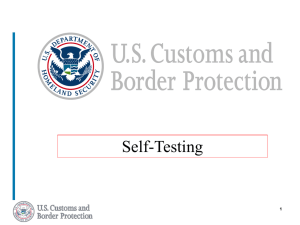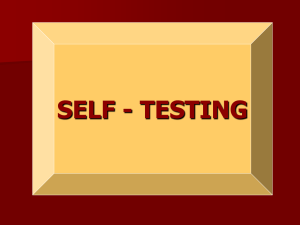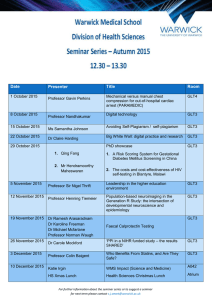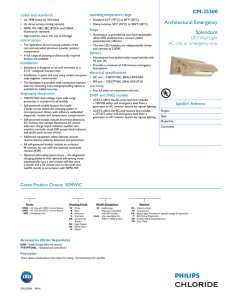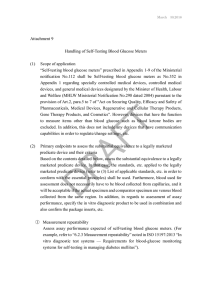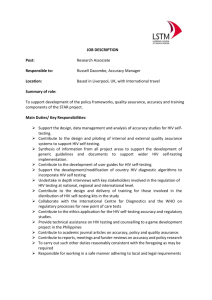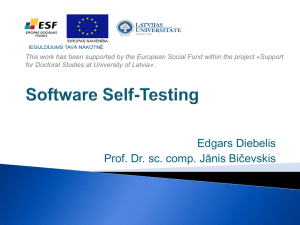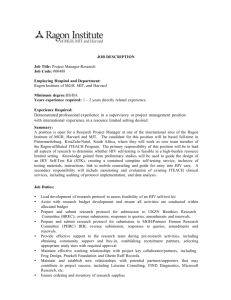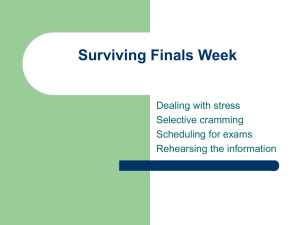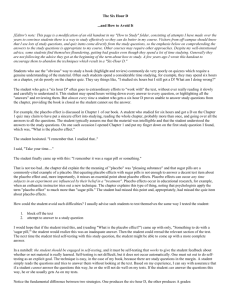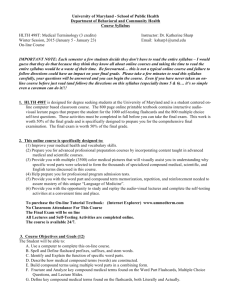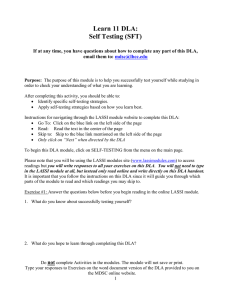What is Self-testing and Why Should I Do It?
advertisement
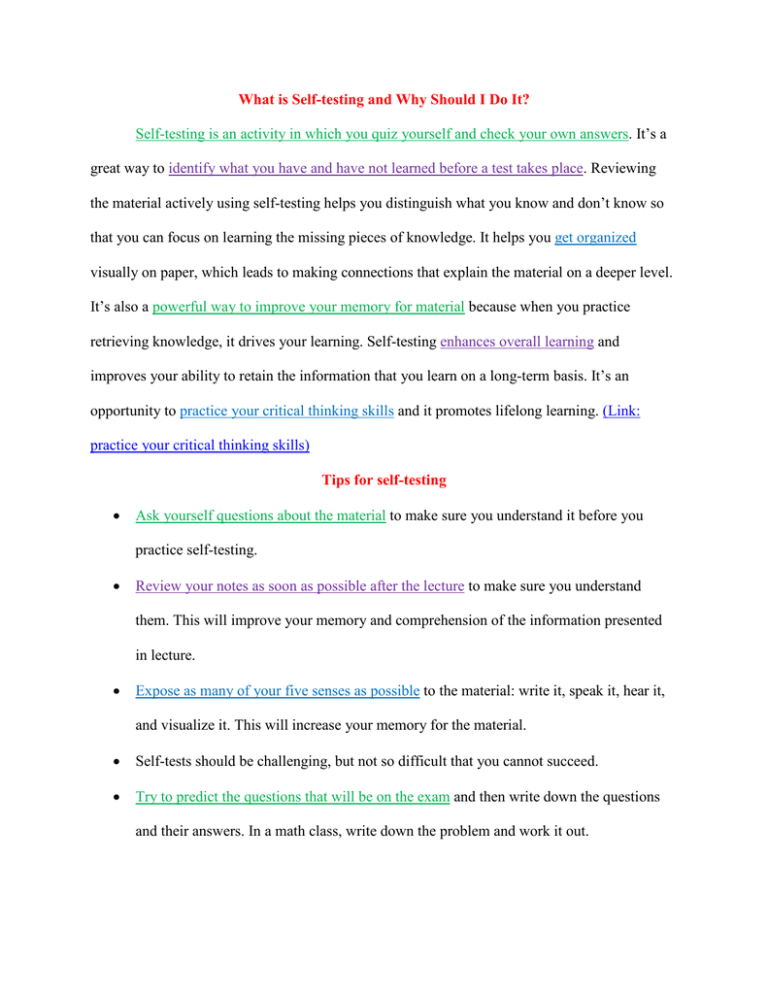
What is Self-testing and Why Should I Do It? Self-testing is an activity in which you quiz yourself and check your own answers. It’s a great way to identify what you have and have not learned before a test takes place. Reviewing the material actively using self-testing helps you distinguish what you know and don’t know so that you can focus on learning the missing pieces of knowledge. It helps you get organized visually on paper, which leads to making connections that explain the material on a deeper level. It’s also a powerful way to improve your memory for material because when you practice retrieving knowledge, it drives your learning. Self-testing enhances overall learning and improves your ability to retain the information that you learn on a long-term basis. It’s an opportunity to practice your critical thinking skills and it promotes lifelong learning. (Link: practice your critical thinking skills) Tips for self-testing • Ask yourself questions about the material to make sure you understand it before you practice self-testing. • Review your notes as soon as possible after the lecture to make sure you understand them. This will improve your memory and comprehension of the information presented in lecture. • Expose as many of your five senses as possible to the material: write it, speak it, hear it, and visualize it. This will increase your memory for the material. • Self-tests should be challenging, but not so difficult that you cannot succeed. • Try to predict the questions that will be on the exam and then write down the questions and their answers. In a math class, write down the problem and work it out. • Continue to review the material that you feel you have mastered because it’s good to practice retrieving the information from your mind. • Use self-testing frequently because it will encourage you to study continuously throughout the semester. • Don’t read your notes over and over; instead, practice retrieving information using a study tool (Link: Concept Cards) (Link: Two-column Note-taking) • Don’t immediately go to your notes and textbook for help. Try to think of the answers yourself first. • Don’t quit studying when you feel the answers are coming to you easily. If you will practice retrieving the information a few more times, you will continue to learn it on a deeper level and improve your long-term retention. • Read more information on specific ways to do self-testing and develop an individual style that works for you (Link: How to Do Self-testing). Author: Shirley “Mandy” Sexton, Ph.D.
